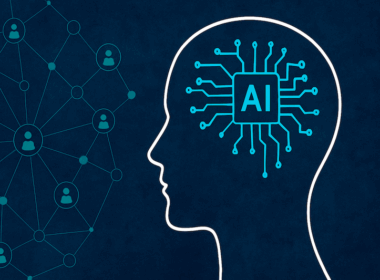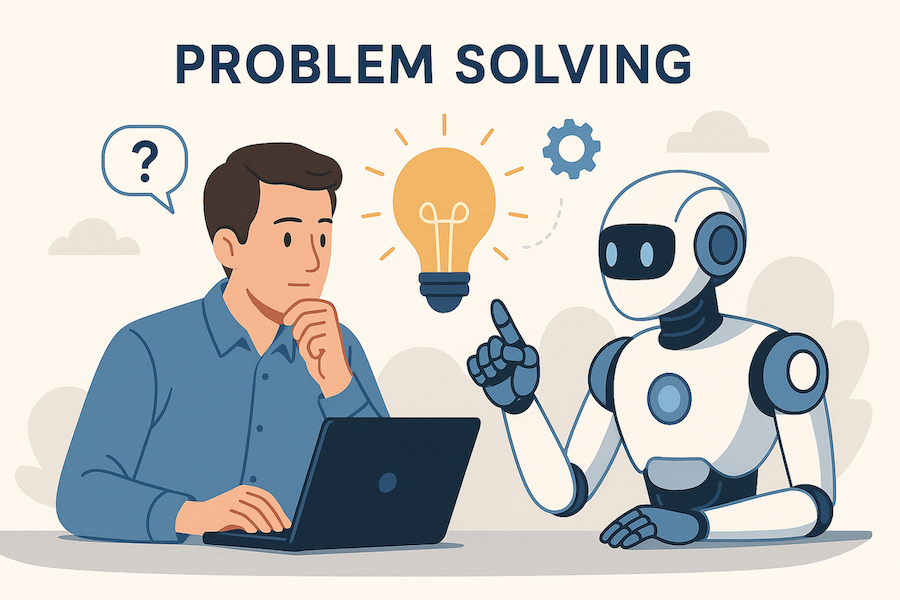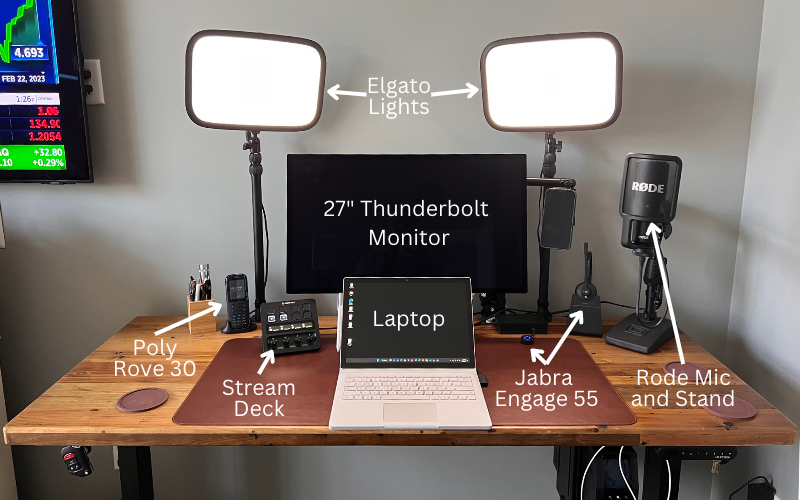The development of artificial intelligence has been a significant breakthrough across so many aspects of our life. AI has enabled us to achieve incredible results over the past few decades such as helping in emergency response during a disaster. However, with each iteration of AI breakthroughs also comes fear and caution, as people worry about how much reliance and trust we can put on the technology.
You may have read in the news and seen various stories about OpenAI and their ChatGPT technology, Microsoft adding OpenAI’s GPT3.5 to Bing, and Google adding Bard AI to their search platform. In all these scenarios, people have had some interesting results using these tools. Some of those results were good and provided people with meaningful data and details they could act upon. However, in some cases, the results were negative and either provided wrong responses or behaved in a way that one would expect from a computer-based technology.
It’s a tricky balance of trust. Today when we get information from others, we listen but often remain careful until we can verify, unless the person has been a reliable source in the past. On the other hand, when someone receives information from a computer system, there is an expectation that the system should provide trustworthy and accurate information by default. Unfortunately, that is not always the case.
There are a lot of aspects that make up Artificial Intelligence, two of those aspects are the training data and user prompting. Artificial Intelligence and Machine learning systems process large amounts of data as part of the training of the models. Once trained, users interact with the AI by providing it with questions (prompts) to get results or information based on the trained data. Both the data and how the system is prompted can significantly affect the responses returned.

- Data – The quality of data is essential. Poor quality data can lead to inaccurate results and responses. High-quality data is necessary for AI to perform accurately, so it is crucial to ensure that the data being used is accurate and up-to-date. This can involve double-checking data from multiple sources and verifying it with a human expert. Ultimately, data quality directly affects the accuracy of AI results, so it is vital to take the necessary steps to ensure that the data being used is reliable and high-quality. ChatGPT was trained on a massive amount of data across books and websites.
- Prompting – When working with artificial intelligence, prompting is a crucial process. Prompting involves providing the AI with information to help it provide you with the data or details you are looking for. This can be done through natural language processing or by providing structured data to the AI. When prompting, it is essential to provide the AI with accurate and up-to-date information, as this will improve the accuracy of the results. Additionally, it is crucial to ensure that the prompting is tailored to the specific task at hand, as this will ensure that the AI can focus on the task and provide more accurate results.
The OpenAI project used large amounts of data sourced from books and various websites across the Internet. Given the sheer volume of data utilized, ensuring that all the data is correct and accurate or has been updated with the latest viewpoints on the topic is very challenging.
It is important to realize that AI systems, while they can do amazing things very quickly it does not replace human judgment. When using AI systems it’s important to think of them as assistive technologies that can help accelerate a process. It should be used to support and inform decisions rather than make decisions for us. We should use AI to analyze data and detect patterns, but we must also interpret this data and verify its accuracy before we make any decisions. This should be no different than if you were to hear information from a friend, stranger, thought leader, etc. We must constantly analyze and process the information we get and use our human judgement with additional data to make well-informed decisions.
To succeed in using AI, it’s important that those who are creating the technology focus on quality data. As users we must build skills around learning how to prompt and work with the systems. And lastly, it is crucial always to verify the information you get from the systems as they are only as good as the data they were trained on and the questions it was asked.
These are some of the books I am currently reading on the topic.









